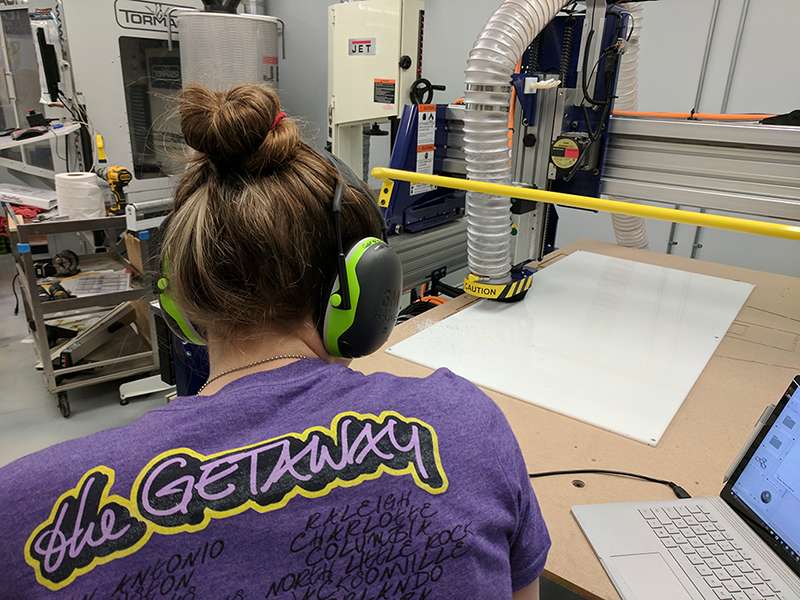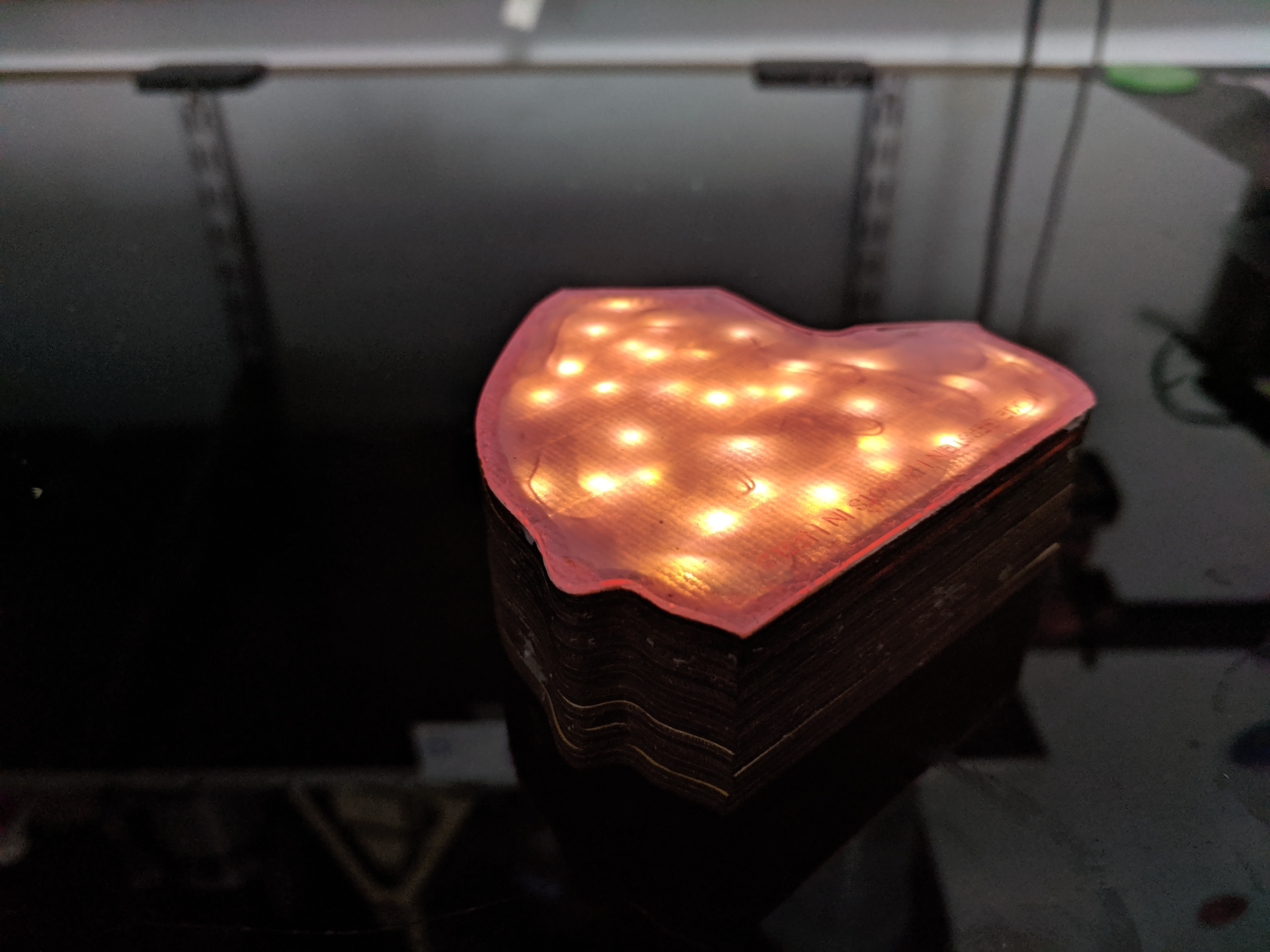Maker Ed, Tech Ed, and Industrial Arts
Twitter brought me back to blogging with a question about maker ed and vocational education.
Is maker education is new and improve version of vocational skills taught to students? I'm trying to find a reference point.
— Seane Clifton, Ed.S. (@koffe1_seane) July 15, 2017
Short answer: Yes.
The long answer requires a bit of educational history. The traditional vocational education area most relevant here is Industrial Arts. By the time I started school, Industrial Arts was seen by many as an old-fashioned relic of the past, but it wasn’t always that way. Back when schools started offering Industrial ARts classes, these classes were high tech and modern, teaching students skills to help them in a rapidly changing, far more technological world. Sounds familiar, right?
Over time, the world changed faster than Industrial Arts classes and curricula. Technical drawing and traditional machining, although still useful, were no longer the high-tech, modern skills they once were. Some schools were continuing to update their programs with more recent technology, but Industrial Arts overall needed an update, and that came in the form of Technology Education.

Technology Education grew out of the older Industrial Arts programs in a time period with far more diverse and advanced technology than the time period that had produced Industrial Arts. Industrial Arts programs generally focus on a relatively narrow (but interesting!) area of technology based on what was state of the art when these programs first started - mainly technical drawing (or CAD in more modern programs) and various courses that fall into the ‘shop class’ category, such as wood shop, metal shop, welding, and auto/small-engine repair. Tech ed curricula are harder to list, because there are so many different courses. Anything that can be considered technology can be part of Tech Ed - the traditional Industrial Arts courses are included, but so are programming, graphics, robotics, and just about anything else you could imagine.
Industrial Arts was created to prepare students for the world ahead of them - one that was changing quickly, but not so quickly that schools couldn’t see and prepare for many of the coming changes. Tech Ed came about in a time when change was becoming more and more rapid, to the point where it was harder to know what would come next, and it was important to teach students to learn independently. This is essentially what Maker Ed is as well.

What I see in Maker Ed is Technology Education’s next evolution - accessibility to as many people as possible, and integration everywhere. This doesn’t mean Tech Ed goes away - there is value in more formal, structured technology courses as well. More and more of my students are coming into my classes with hands-on experience through maker-focused programs at libraries and summer camps, and these students are so much better prepared and more excited for my classes.
CTE and Maker Ed - Curated tweets by RobotsInHeelsAt its core, Maker Ed is Tech Ed, and we should be working together. Technology teachers would be wise to look back at Industrial Arts - a valuable subject that lost ground due to a failure to adapt to changing times. Despite the importance of technology to our world, some schools are cutting Technology Education programs for budget reasons or to focus more on subjects impacted by the US education system’s growing emphasis on standardized testing. Maker Education brings enthusiasm, allies, and awareness back to our field. Maker educators - you don’t need to reinvent the wheel. Technology teachers can help you. We have technical skills, tools, and experience with hands-on, open-ended work and with teaching in an ever-changing field. Let’s help each other instead of splitting a limited pool of resources.




